The Department of Agriculture has removed its proposed limit on the expansion of suckler cow numbers for farmers taking part in the €260m Suckler Carbon Efficiency Programme in the next CAP.
The scheme is designed to reduce absolute emissions by improving the environmental sustainability and genetic merit of the suckler herd and will replace the BDGP scheme.
“The number of suckler cows eligible per herd will be based on a specified historical reference period, which will provide a ceiling for payment, but there will be scope to reduce numbers without penalty.
“The Minister [for Agriculture] would reserve the right to rank and select cases for entry into the scheme in the event of over-subscription and/or reduce the rate payable per cow,” the Department has said.
Increased focus on stars
There will also be an increased emphasis placed on the number of four-star cows in herds taking part the scheme.
In year one of the scheme, at least 50% must be at least four-star on the replacement index on 31 October 2023.
This will then increase to at least 65% by 31 October 2025 (year three) and at least 75% by 31 October 2027 (year five).
In years one and two, 80% of the calves born on the holding must be sired by a four-star or five-star sire on the maternal or terminal index. In years three and four, this will increase to 85%, while in year five it will increase to 90%.
All calves born on the holding annually must be genotyped and this must equate to at least 70% of the reference animals on the holding. Cows and calves will be weighed before weaning under the scheme and not before the calf is at least 100 days old.
Eligibility
To be eligible for the scheme, farmers must take part in the new BPS, the Basic Income Support for Sustainability (BISS).
Farmers must have beef breed animals born annually in the herd in each scheme year of the measure.
Farmers must be a member of the Bord Bia Sustainable Beef Assurance Scheme.
Farmers will be paid €150/cow for the first 10 cows, with a payment of €120/head applying thereafter up to the budget limit, the Department said.
Training
Farmers in the scheme will have to complete training modules in the first two years of the scheme.
The mandatory course is accordingly designed to include:
An introduction to on-farm practices including weight recording.Information on the process of genotyping and the development of a replacement strategy for improved genetic merit and the importance of performance measurement for breeding decisions.Information on the individual commitments, as well as record-keeping, delivery timelines, controls, inspections and sanctions.A module on livestock handling safety to reduce instances of on-farm accidents/fatalities.There is €4m allocated for the training. The total amount payable to the trainer per attendee at the training courses in year one and two is €100 annually or €200 in total.
The cost of farmer’s time for attendance is factored into their payment under the Suckler Carbon Efficiency Programme.
The Department of Agriculture has removed its proposed limit on the expansion of suckler cow numbers for farmers taking part in the €260m Suckler Carbon Efficiency Programme in the next CAP.
The scheme is designed to reduce absolute emissions by improving the environmental sustainability and genetic merit of the suckler herd and will replace the BDGP scheme.
“The number of suckler cows eligible per herd will be based on a specified historical reference period, which will provide a ceiling for payment, but there will be scope to reduce numbers without penalty.
“The Minister [for Agriculture] would reserve the right to rank and select cases for entry into the scheme in the event of over-subscription and/or reduce the rate payable per cow,” the Department has said.
Increased focus on stars
There will also be an increased emphasis placed on the number of four-star cows in herds taking part the scheme.
In year one of the scheme, at least 50% must be at least four-star on the replacement index on 31 October 2023.
This will then increase to at least 65% by 31 October 2025 (year three) and at least 75% by 31 October 2027 (year five).
In years one and two, 80% of the calves born on the holding must be sired by a four-star or five-star sire on the maternal or terminal index. In years three and four, this will increase to 85%, while in year five it will increase to 90%.
All calves born on the holding annually must be genotyped and this must equate to at least 70% of the reference animals on the holding. Cows and calves will be weighed before weaning under the scheme and not before the calf is at least 100 days old.
Eligibility
To be eligible for the scheme, farmers must take part in the new BPS, the Basic Income Support for Sustainability (BISS).
Farmers must have beef breed animals born annually in the herd in each scheme year of the measure.
Farmers must be a member of the Bord Bia Sustainable Beef Assurance Scheme.
Farmers will be paid €150/cow for the first 10 cows, with a payment of €120/head applying thereafter up to the budget limit, the Department said.
Training
Farmers in the scheme will have to complete training modules in the first two years of the scheme.
The mandatory course is accordingly designed to include:
An introduction to on-farm practices including weight recording.Information on the process of genotyping and the development of a replacement strategy for improved genetic merit and the importance of performance measurement for breeding decisions.Information on the individual commitments, as well as record-keeping, delivery timelines, controls, inspections and sanctions.A module on livestock handling safety to reduce instances of on-farm accidents/fatalities.There is €4m allocated for the training. The total amount payable to the trainer per attendee at the training courses in year one and two is €100 annually or €200 in total.
The cost of farmer’s time for attendance is factored into their payment under the Suckler Carbon Efficiency Programme.



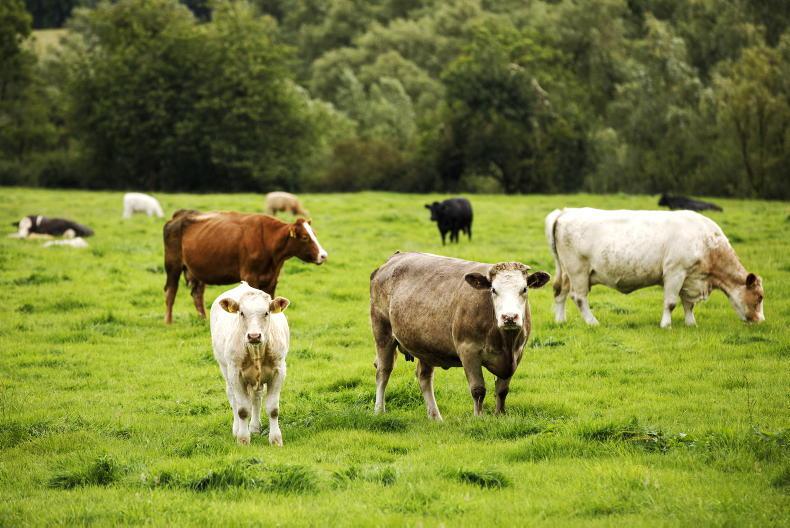
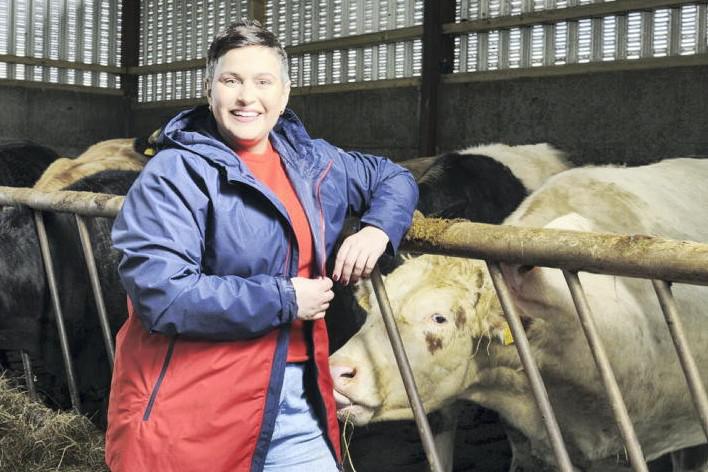

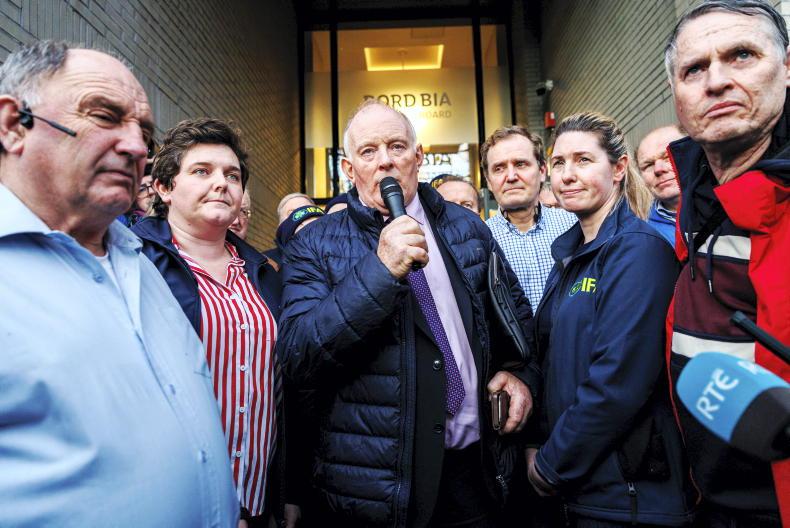
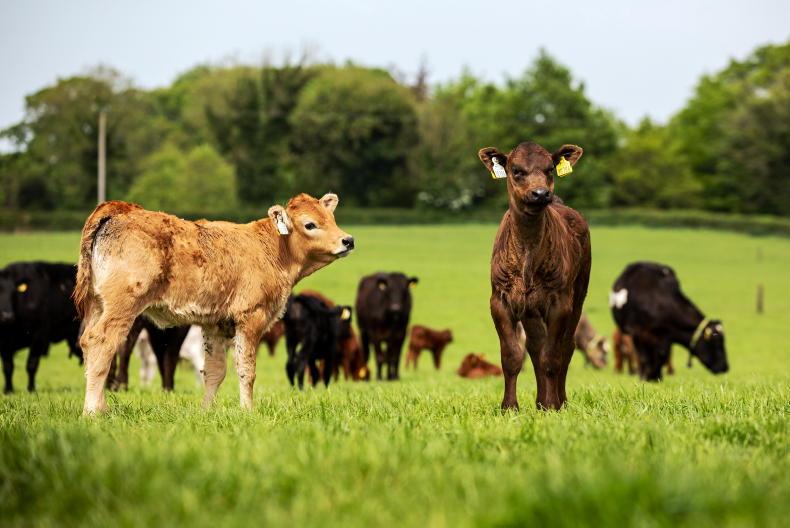
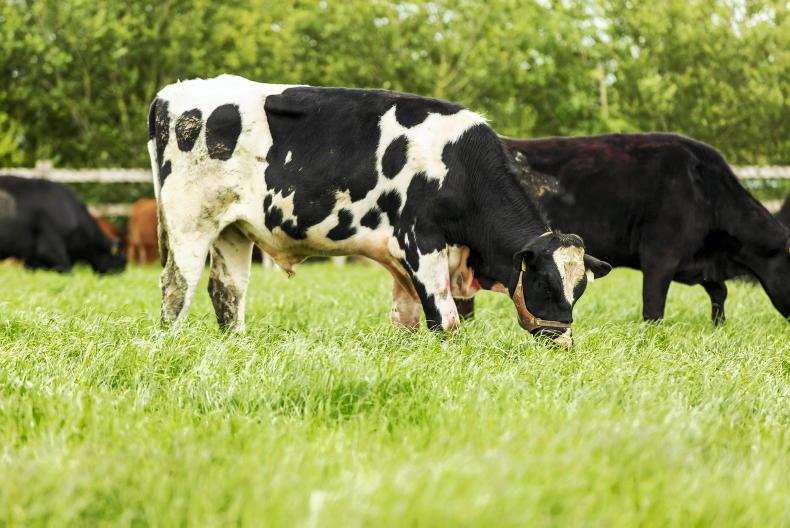
SHARING OPTIONS